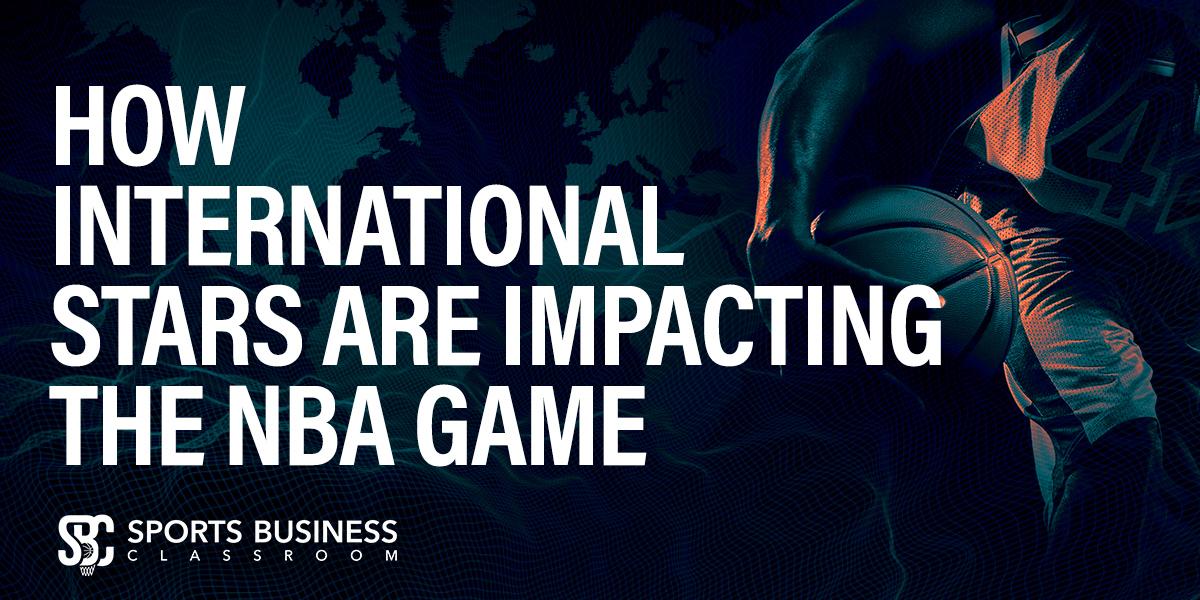
EUROPE, 2018–-I saw it firsthand.
The little boy in Serbia proudly sporting a Luka Doncic jersey while perfecting his fadeaway jump shot. A teenage girl in Finland showing her teammates her brand new Lauri Markkanen jersey gifted to her on Christmas.
Three years of playing professional basketball abroad opened my eyes to the tremendous impact international stars have on the next generation of basketball players.
Giannis Antetokounmpo, Nikola Jokic, Joel Embiid, and Luka Doncic have become household names. They are helping to close the centuries-old gap separating American basketball players from their foreign counterparts. The once-held notion that Americans were inherently superior at the sport continues to dwindle right before our eyes.
Greek forward and two-time league Most Valuable Player Antetokounmpo told Serge Ibaka (H/T How Hungry Are You?), “We [would] beat them,” when asked who would win in a game between the best five international players and the best five Americans.
The five of Evan Fournier, Antetokounmpo, Jokic, Embiid and Doncic would trump Antetokoumpo’s selection for starting five of Stephen Curry, Klay Thompson, Lebron James, Kevin Durant and Bam Adebayo.
The United States snapped a 25-game Olympic win streak in September when they fell to France 83-76. Did this loss signal the end of American basketball dominance? Did it open the basketball world to a flatter landscape, invoking equal opportunity for domestic and international players?
Alex Kennedy of Basketball News opened an interesting dialogue with Troy Justice, who serves as Head of International Basketball Development. “Many of today’s international players say they fell in love with basketball after watching past international stars like Dirk Nowitzki, Hakeem Olajuwon, Pau Gasol, and Steve Nash.”
Justice’s response illustrates how significant the growth has become, “Thirty years ago … there were only 23 international players. Now we have 121 … The next generation watched the previous generation, and because of that, they said, ‘I can do it!’ Like, ‘Somebody else has done it, and look where they came from. Look at their path.’”
Ultimately, as humans, we long to emulate someone we deem similar to ourselves. No longer are we shackled by the self-imposed limitations dedicated by geographic location. If an average prospect born in Sombor, Serbia, is not as athletic as his American counterpart, international scouts would be foolish to pass up on what could be the next Jokic. The Denver Nuggets center has put the basketball world on notice in recent years as the back-to-back MVP has dominated bigger, stronger, and faster American forwards.
Streamlining international scouting events has facilitated the recent boom in the NBA. The Basketball Without Borders Program holds five centralized events throughout the year, which allows greater visibility for these prospects.
“[All of the NBA scouts] are in attendance and scouting because they know we have the best of the best and five different opportunities for data points, “Justice said. “And we bring them all to one place, so they don’t have to travel around the world.”
Adding to the reputation of this next generation of international superstars are some credible spokespeople. Doncic and Antetokoumpo have been outspoken about the notion that international ball can be more challenging than the league.
“It’s easier to score in the NBA than it is in Europe,” Doncic told Stephen Beslic of Basketball Network.
We haven’t seen the full effect today’s international stars will have on the sport abroad. As international adolescents emulate their favorite players, their development will become a self-fulfilling prophecy. As Doncic and Atnetotkoumpo continue to shine, awareness and resources will continue to grow. Stars beget future stars.
The next international superstar may come from France in Victor Wembanyama. But in the more-distant future, it might be that young boy in Serbia sporting a Doncic jersey while perfecting his fadeaway jumper.


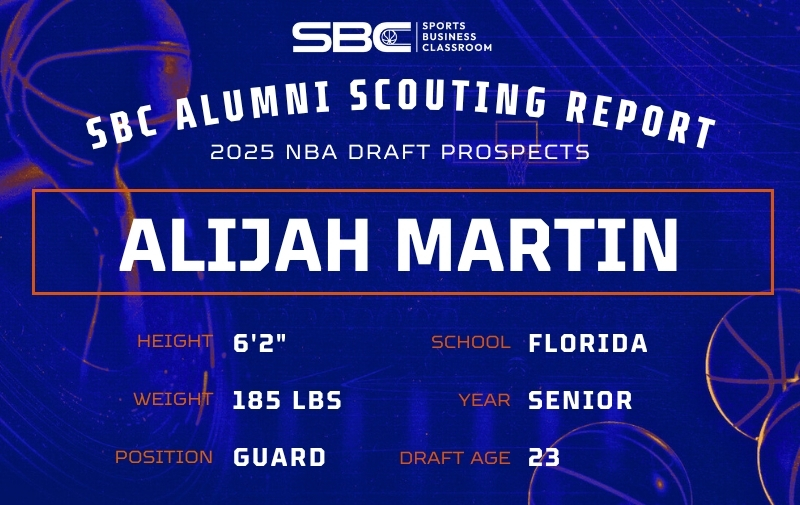
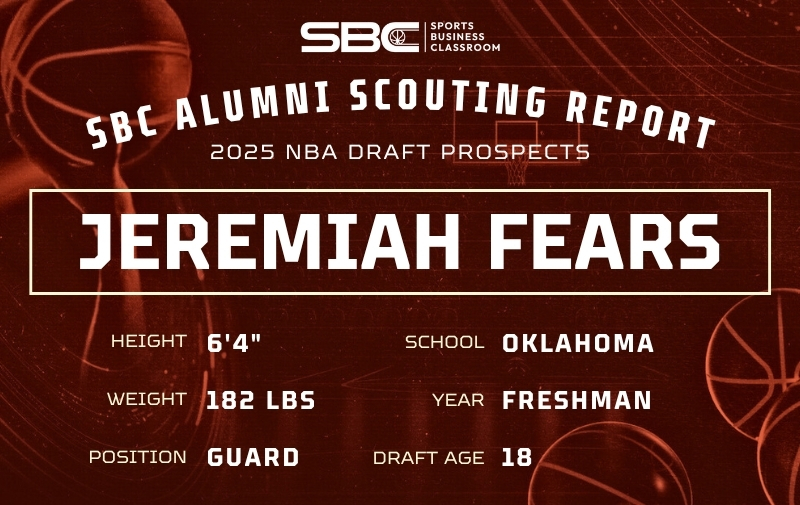

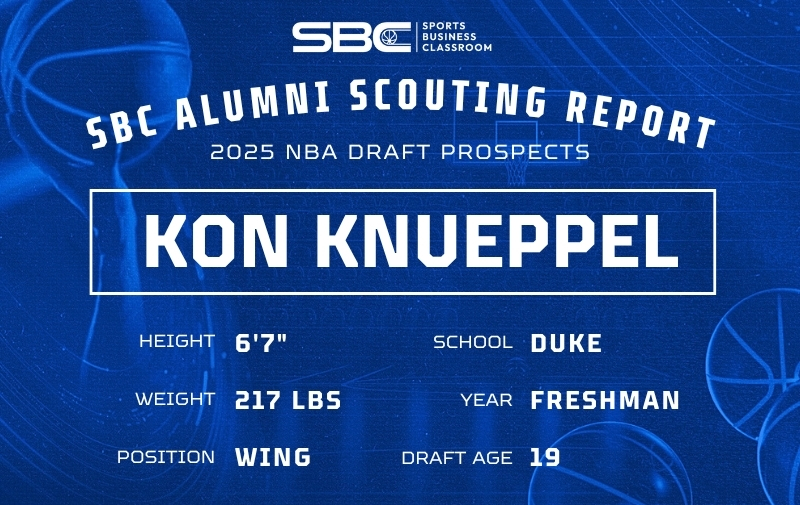
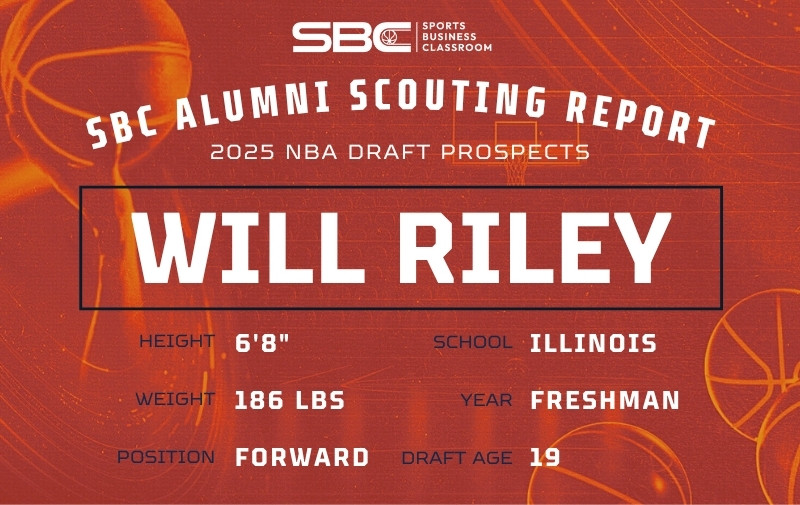
Leave A Comment